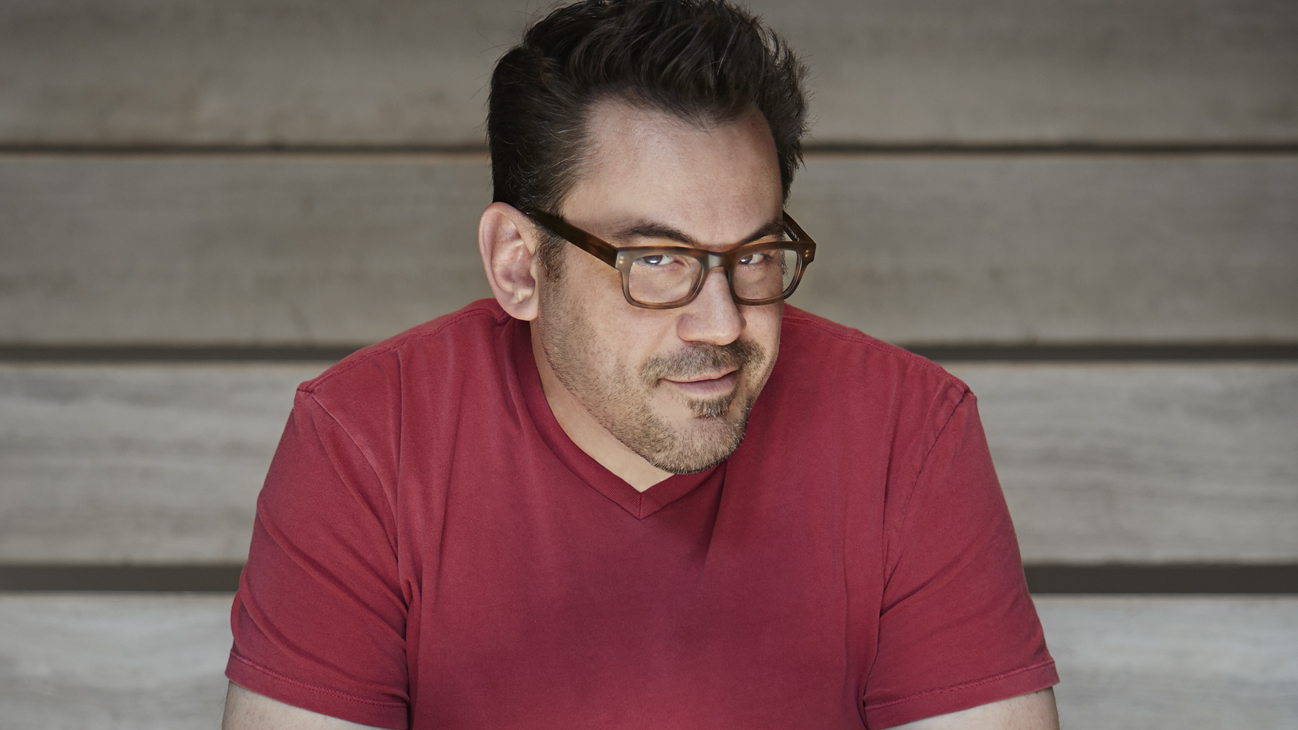Leonard Brody has been called “a controversial leader of the new world order”. He is an award winning entrepreneur, venture capitalist, bestselling author, and a two-time Emmy nominated media visionary who has helped in raising millions of dollars for start-up companies; been through one of the largest internet IPOs in history; and has been involved in the building, financing, and/or sale of five companies to date. In his compelling, customized talks–for clients ranging from the United Nations to Visa and Pepsi–Leonard addresses the rapid pace of change, innovation, and disruption facing us all, and what to do about it. In the article below, Leonard explains why staying ahead of the curve when it comes to tech is so important in today’s business landscape:
The largest media business in the world (Facebook) doesn’t own any content. The fastest growing transport firm (Uber) doesn’t own any vehicles. The world’s largest hotel business (Airbnb) owns no property.
Venture capitalist and author Leonard Brody told the ALFI European Alternative Investment Funds Conference on Tuesday, January 19, that we are moving beyond the digital age. New business models driven by new technology could make fundamental changes to the way we live and work.
“If you would have asked a taxi driver five years ago about how the internet would affect their business, they would have seen no threat,” Mr Brody said.
However, with 8bn USD investment behind it, Uber is revolutionising the business, and he reckoned that nearly all taxi drivers will eventually be out of work when self-driving cars become standard.
“Insiders are not transforming their businesses, it is outsiders doing this,” he said, adding that the owners of the firms cited above had no prior professional experience of the industries they have ended up leading.
So what about the financial sector?
Virtual currencies such as bitcoin continue to excite interest without changing much so far. Similarly, peer-to-peer lending websites, which put lenders and borrowers in touch over the web, are having marginal impact.
“FinTech” is the buzzword of the moment. Eager to lead on this, the Luxembourg financial industry and government has just announced their plans to launch a networking and resources hub called the “House of Fintech”.
Mr Brody suggested that businesses needed to be aggressive in way they embrace these trends, to the point of even undermining themselves.
“We will see the rise of the parallel enterprise,” he said. “Firms are not good at innovating because innovation departments are often the first to suffer cost cuts when times get tough.”
However, if challenges from outside are inevitable, then firms must challenge themselves. “Businesses need to create parallel organisations whose job it is to put the other out of business,” he said.
This, he argued, is how the Tinder dating app was born out of the belly of a more traditional technology firm.
Where could innovation come next?
This might work for some, but there was scepticism from some panellists who spoke later. For example, Nicolas Buck had watched the venerable Luxembourgish printing house he inherited be undermined by a new tech-driven business model.
He said his strategy was to defend this business as long as he could, managing decline, while shifting his professional interest into a completely new direction.
Where could innovation come next? Mr Brody suggested live entertainment could be due for a revolution with the development of hologram technology. “Elvis Presley’s estate has just signed a deal to allow his image to be used in a virtual format, so expect to see an Elvis tour coming to your town,” he remarked.
This presentation set the tone for an ALFI conference dedicated to innovation, moving away from the regulation-based themes of recent years.
Things are looking good for the sector, particularly the alternatives industry, with ALFI reckoning that Luxembourg alternative funds having 580bn euros assets towards the end of last year. That is 11 percent growth over twelve months.
The future looks promising, as the global alternative investment fund industry is currently worth around 8 trillion USD, and this is expected to rise to 13trn USD by 2020.

